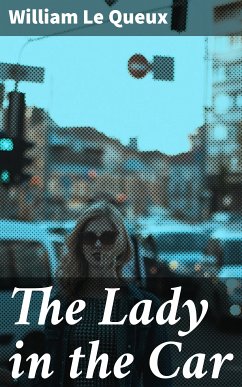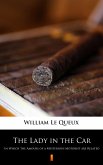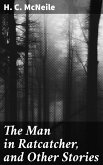In "The Lady in the Car," William Le Queux weaves a captivating narrative that blends elements of mystery and psychological suspense. Set against the backdrop of early 20th-century Europe, the novel explores themes of deception, identity, and societal norms, masterfully employing a writing style rich in atmospheric detail and character introspection. Le Queux's prose engages the reader in a labyrinthine plot that questions the boundaries between reality and illusion, making the story resonate within the literary context of early modernist works that challenged traditional storytelling conventions. William Le Queux, a prolific author and journalist, was known for his insightful explorations of the human psyche and social tensions of his time. His varied career, which included journalism and espionage, significantly influenced his writing, imbuing it with a sense of realism and urgency. Le Queux's fascination with the intricacies of human relationships and his encounters with diverse cultures provide a rich background for the complex characters and scenarios found in this novel, illustrating his unique perspective on early 20th-century society. "The Lady in the Car" is a must-read for enthusiasts of psychological thrillers and historical fiction alike. Le Queux's skillful storytelling and profound character development invite readers into a thrilling ride of deception, compelling them to reflect on their own perceptions of truth and morality. This novel is not merely a tale of intrigue; it offers a deeper commentary on the societal constraints of its time, making it an essential addition to the library of any discerning reader.
Dieser Download kann aus rechtlichen Gründen nur mit Rechnungsadresse in A, B, BG, CY, CZ, D, DK, EW, E, FIN, F, GR, H, IRL, I, LT, L, LR, M, NL, PL, P, R, S, SLO, SK ausgeliefert werden.









